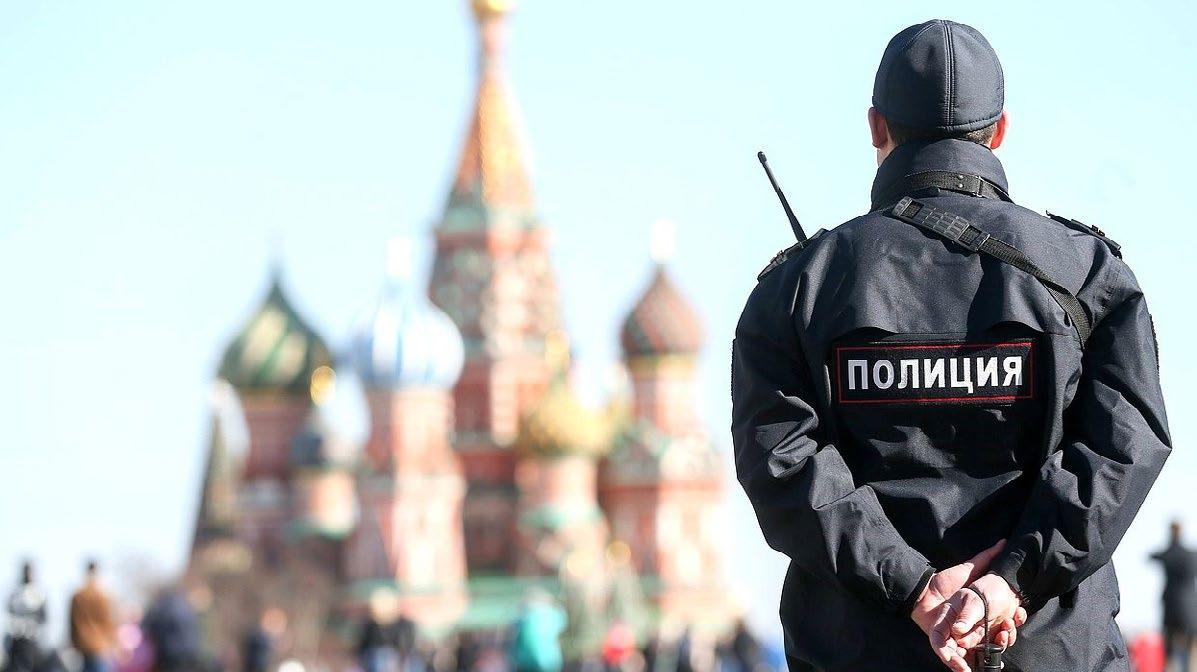
1 minute read
RUSSIA’S STATE DUMA APPROVES LIFE SENTENCES FOR HIGH TREASON
The lower house of Russia’s parliament approved legislation increasing the punishment for treason to life imprisonment and boosting the penalty for terrorism, up from its current penalty of 20 years. This is another chapter of Moscow’s domestic crackdown on citizens. Russian law enforcement agencies might detain a journalist or any person who makes contact with someone the FSB considers a foreign agent.
The Russian parliament’s lower chamber, the State Duma, on April 18 approved all three readings of a bill amending Article 275 of the Criminal Code that would set a penalty of life imprisonment for high treason. Punishment will be now life imprisonment, up from its current penalty of 12 to 20 years. The new amendments introduce life sentences for those convicted of treason, espionage, disclosing state secrets, or providing any kind of assistance to a foreign government. In addition, Russian lawmakers voted to introduce harsher penalties for terrorism (Article 205 of the Criminal Code). Penalties for organizing terrorist groups, recruiting prospective terrorists, and complicity in terrorist acts will also increase to seven years in prison, up from five years now. The amendments also usher in more severe penalties for sabotage. The bill was proposed days after Vladlen Tatarsky, the pro-war Russian blogger, died in a bomb blast. Like in Stalin’s time, murdering a person loyal to the regime increased the intensity of political repression against Russian citizens. Experts believe that facing life imprisonment, many detained would snitch on others so they can get a lesser sentence. The new legislation is so vague the government can now brand any inconvenient figure a traitor–– two notable examples being journalist Ivan Safronov and politician Vladimir Kara-Murza, sentenced to 24 and 25 years in prison on trumped-up treason charges. The number of convictions for high treason has risen dramatically since Russia launched its ongoing invasion of Ukraine. The legislation represents an escalation of the Kremlin’s domestic crackdown as people are detained every week across Russia on suspicion of treason. ■
Advertisement
25 April 2023










